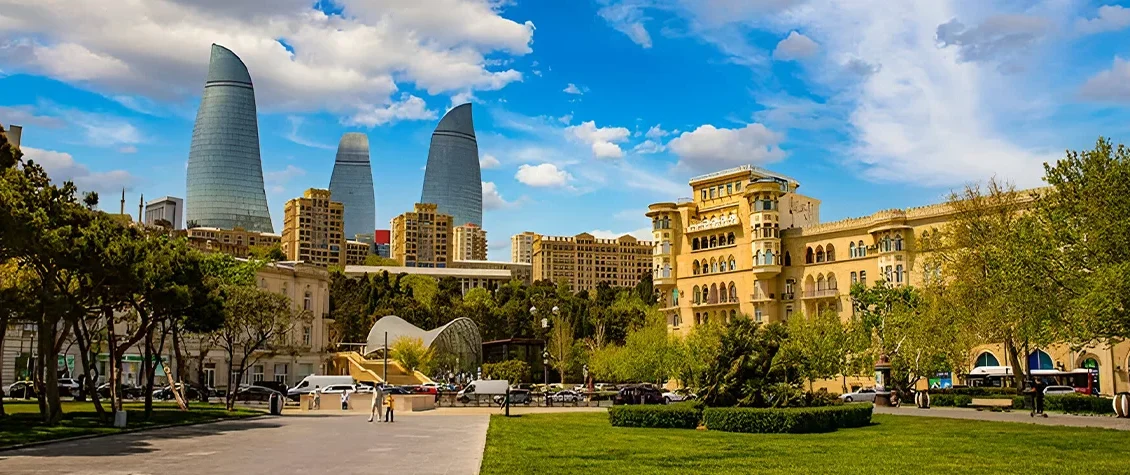Pakistani youth drawn to Baku: Opportunity, travel – and hidden risks
The truth about “work visas” and illegal stay in Azerbaijan
For decades, working abroad has remained a dream for many young Pakistanis. From the Middle East to Europe, thousands have sought better opportunities overseas. In recent years, Azerbaijan—and particularly its capital Baku—has emerged as a new destination. Easy visa policies, new flight routes, and the city’s growing tourism appeal have made it attractive to many. But behind the promise of opportunity, troubling stories of fraud and illegal residency are surfacing.
According to the Azerbaijan Tourism Board and local media reports, around 55,000 Pakistanis visited Azerbaijan in 2023, and the number surged to 81,000 in 2024. These figures paint a picture of booming interest, yet officials warn there is another side to this trend. The State Migration Service of Azerbaijan has reported multiple incidents where foreigners overstayed their visas. In one case, thirteen people were detained for living illegally in the country—five of them were Pakistanis who had fallen prey to fake employment offers from their own countrymen.
The issue doesn’t stop at Azerbaijan’s borders. In Pakistan, the FIA has busted several groups this year running scams under the guise of “job guarantees” and “work visas.” Fraudsters have been found charging millions of rupees by issuing fake sponsorship letters, fabricated documents, and sending victims abroad on visit visas—leaving them stranded to find illegal work on their own.
Adding to the concern, Azerbaijani authorities also arrested a Pakistani national accused of tricking Indian citizens with false promises of being smuggled to the United States. This shows that the problem is not only rooted in Pakistan but is also carried forward by some individuals abroad.
The term “Baku work visa” is misleading. No country, including Azerbaijan, allows employment on a tourist or visit visa. Legal work is only possible through a work permit or labor visa, processed through official channels such as ministries, embassies, and verified organizations. Those who try to work while on a tourist visa—or stay beyond their visa’s validity—risk detention, deportation, fines, and long-term bans. Pakistanis have already seen such consequences in countries like the UAE, Saudi Arabia, Iraq, and Malaysia.
This pattern reveals a deeper issue: the desire for quick overseas employment often pushes young people into the traps of unlicensed agents. But the harsh reality is that working on a tourist visa is neither legal nor sustainable. The only safe path lies in pursuing jobs through authentic and legal sources. By doing so, not only can individuals protect themselves from fraud and exploitation, but they can also safeguard Pakistan’s image abroad and pave the way for future travelers.



